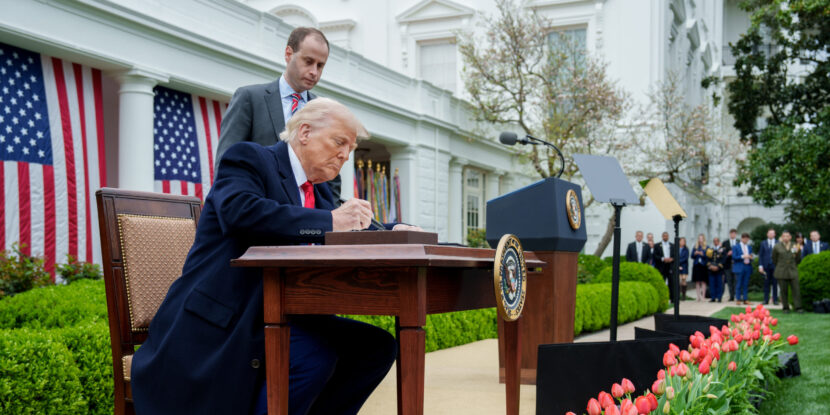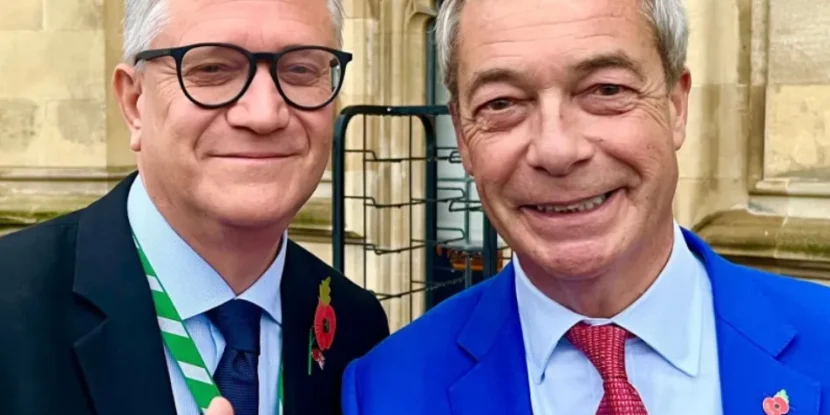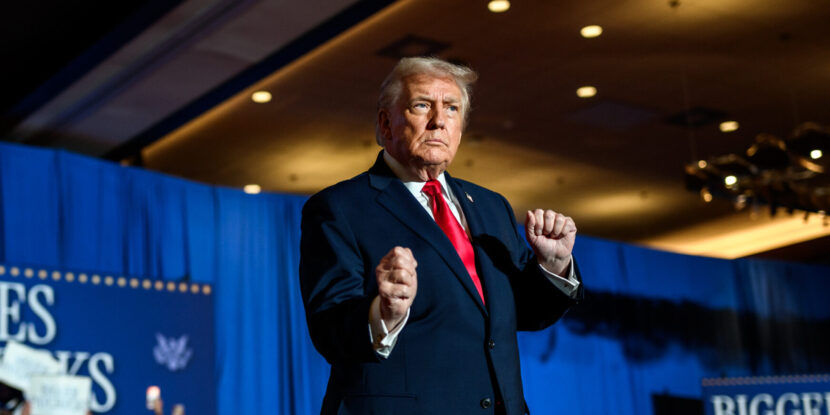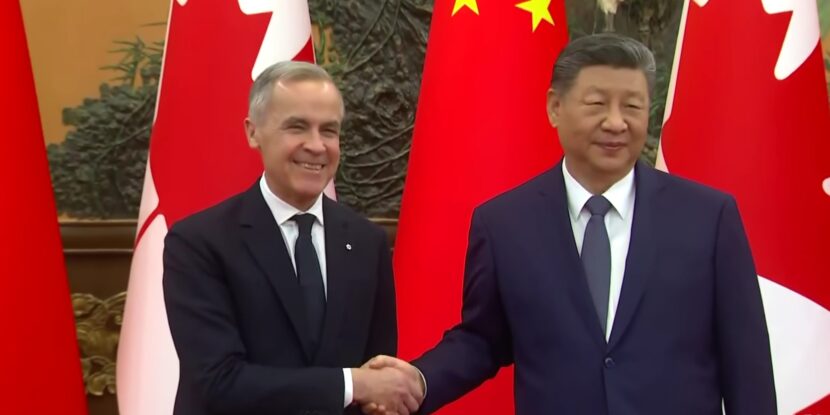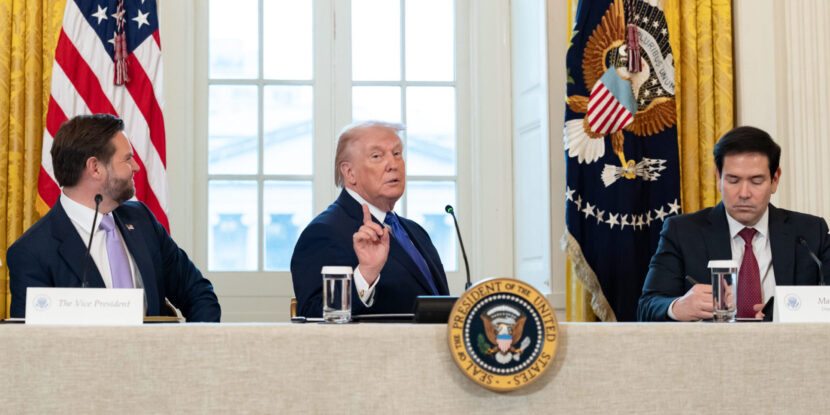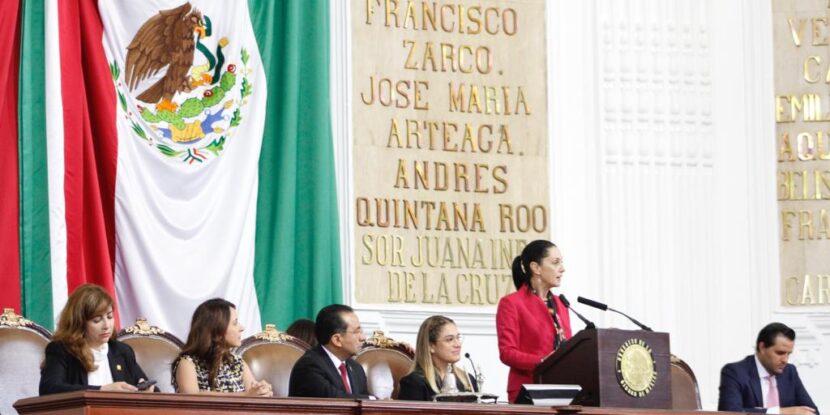❓WHAT HAPPENED: The Trump administration has asked the Supreme Court to swiftly review a lower court ruling that invalidated the President’s tariffs.
👤WHO WAS INVOLVED: President Donald J. Trump, the Supreme Court, the U.S. Court of Appeals, and attorney Jeffrey Schwab, representing the plaintiffs.
📍WHEN & WHERE: The appeals court ruling was issued last week, with the Supreme Court asked to hear the case as soon as November.
💬KEY QUOTE: “Few cases have so clearly called out for this Court’s swift resolution.” – Trump administration filing.
🎯IMPACT: If the ruling stands, President Trump’s tariffs would be rescinded, significantly affecting his trade policies and negotiations.
The Trump administration is petitioning the U.S. Supreme Court to quickly review a lower court decision that found the President’s use of the International Emergency Economic Powers Act (IEEPA) to enact certain tariffs was unconstitutional. According to the filing, the Trump White House is requesting that the high court hear arguments as soon as November. Notably, the lower court ruling is currently stayed from taking effect until October 14, 2025.
In the filing, the administration argues the U.S. Court of Appeals ruling “gravely undermines the President’s ability to conduct real-world diplomacy and his ability to protect the national security and economy of the United States.” The filing further states, “That decision casts a pall of uncertainty upon ongoing foreign negotiations that the President has been pursuing through tariffs over the past five months, jeopardizing both already-negotiated framework deals and ongoing negotiations.”
On August 29, the U.S. Court of Appeals for the Federal Circuit ruled that President Trump exceeded his authority under the IEEPA to impose tariffs. The court stated, “Absent a valid delegation by Congress, the President has no authority to impose taxes. Given these considerations, we conclude Congress, in enacting IEEPA, did not give the President wide-ranging authority to impose tariffs of the nature of the Trafficking and Reciprocal Tariffs simply by the use of the term ‘regulate … importation.’”
Under the IEEPA—enacted in 1977—the President is empowered to impose tariffs after declaring a national emergency. Earlier this year, President Trump declared a national emergency over foreign trade practices, stating that reciprocal tariffs were necessary to protect American workers and strengthen the U.S. economy. Subsequently, the Trump White House has reached bilateral trade agreements with a number of U.S. trade partners, while the tariffs have brought in record revenue for the federal government.
Jeffrey Schwab, representing the plaintiffs, expressed confidence in the legal arguments against the tariffs, saying, “Both federal courts that considered the issue agreed that IEEPA does not give the President unchecked tariff authority.” Meanwhile, President Trump criticized the “Highly Partisan Appeals Court” and warned, “If allowed to stand, this Decision would literally destroy the United States of America.”
Join Pulse+ to comment below, and receive exclusive e-mail analyses.
